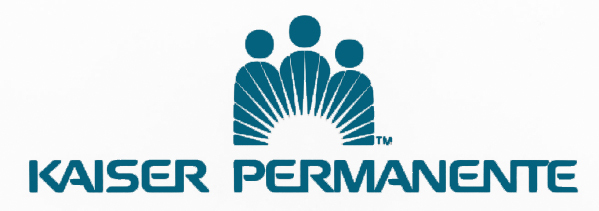HILO — Open enrollment for Kaiser Permanente health insurance — not to mention coverage tweaks — is shocking some policyholders.
Open enrollment is the time of year to renew policies. Consumers, as a result, are awakening to Kaiser’s Hawaii Island policy changes, including a major one for senior citizens.
Kaiser premiums have increased in cost, and seniors have lost one coverage option but gained another.
“We made the difficult decision to make these price changes,” Kaiser spokeswoman Laura M. Lott said from Oahu.
About 3,900 individual policyholders received a letter saying “Kaiser Permanente won’t offer your Medicare plan in 2017. This means your coverage through Kaiser Permanente Senior Advantage Essential Plus will end Dec. 31, 2016.” They were told to “take action” by Dec. 31 “or you will lose your prescription drug coverage and only have original Medicare starting Jan. 1, 2017.”
Kaiser came up with another option, Senior Advantage Hawaii Island(https://medicare.kaiserpermanente.org/wps/portal/medicare/plans/explore/descriptions/hi), intended to make coverage for senior citizens sustainable long-term, Lott said. Medicare.com notes that Hawaii Island has a few Senior Advantage options, including one from HMSA (monthly premium of $153).
But many consumers, like college students who don’t study until the night before the big exam, are just now riffling through their health-insurance documents and becoming fully aware of Kaiser’s Hawaii Island changes.
Don Hurzeler, of Kona, expressed frustration that policyholders didn’t get earlier notice about the pending changes in premiums and available policies.
“Rates are much cheaper, and coverage is much better, if you live on Oahu — but we don’t live on Oahu,” he said. “I live on the Big Island.”
Hurzeler is a policyholder. But he’s also a retired CEO of a company that covers property/casualty/commercial insurance. So he understands both the need to stay financially viable as a company and the heartache senior citizens experience when faced with rate hikes.
Hurzeler said he, personally, can handle the Kaiser premium increases. But he said he witnessed some policyholders crying when they attended Kaiser meetings earlier this fall.
Kaiser has worked to inform consumers by holding such meetings on Hawaii Island.
“They claim, and I believe them, that their hands are tied by government restrictions about how to communicate,” Hurzeler said. But he said he wishes consumers had gotten earlier notice in order to better plan for the insurance changes.
The situation has made him consider comparing Kaiser to other companies, Hurzeler said. For example, he noted that the Part D Kaiser prescription-drug coverage will now require a $400 deductible versus no deductible on the previous plan.
A deductible is the amount the policyholder must pay each year before insurance kicks in.
“To be fair,” Hurzeler said, “some of the other costs went down, like the office visits went down from $35 to $15.” That means some Kaiser Senior Advantage policyholders might be better off than others when the new policy goes into effect — depending on medical needs.
When deciding on insurance coverage, Lott said, “you should make sure that you will have access to providers. We want to make sure everybody has access to care — because that’s really important.”
Hurzeler said what Kaiser offered in premiums “in 2016 was $63 a month and what they’re offering in 2017 is $194 a month — per person.”
“I think it should be a concern of every senior in the state that we could be handed a 300-percent increase with no prior notice … what’s to stop them from doing the same thing again next year?” Hurzeler said.
Lott said premiums are set so that they cover the cost of care.
“It was a very difficult decision. It was not a decision that we wanted to make,” she said. “But it was a decision we needed to make in order to stay sustainable long-term.”
For Hawaii Island-specific information about the new Kaiser plan, go to https://hawaiiisland.medicare.kaiserpermanente.org/.



